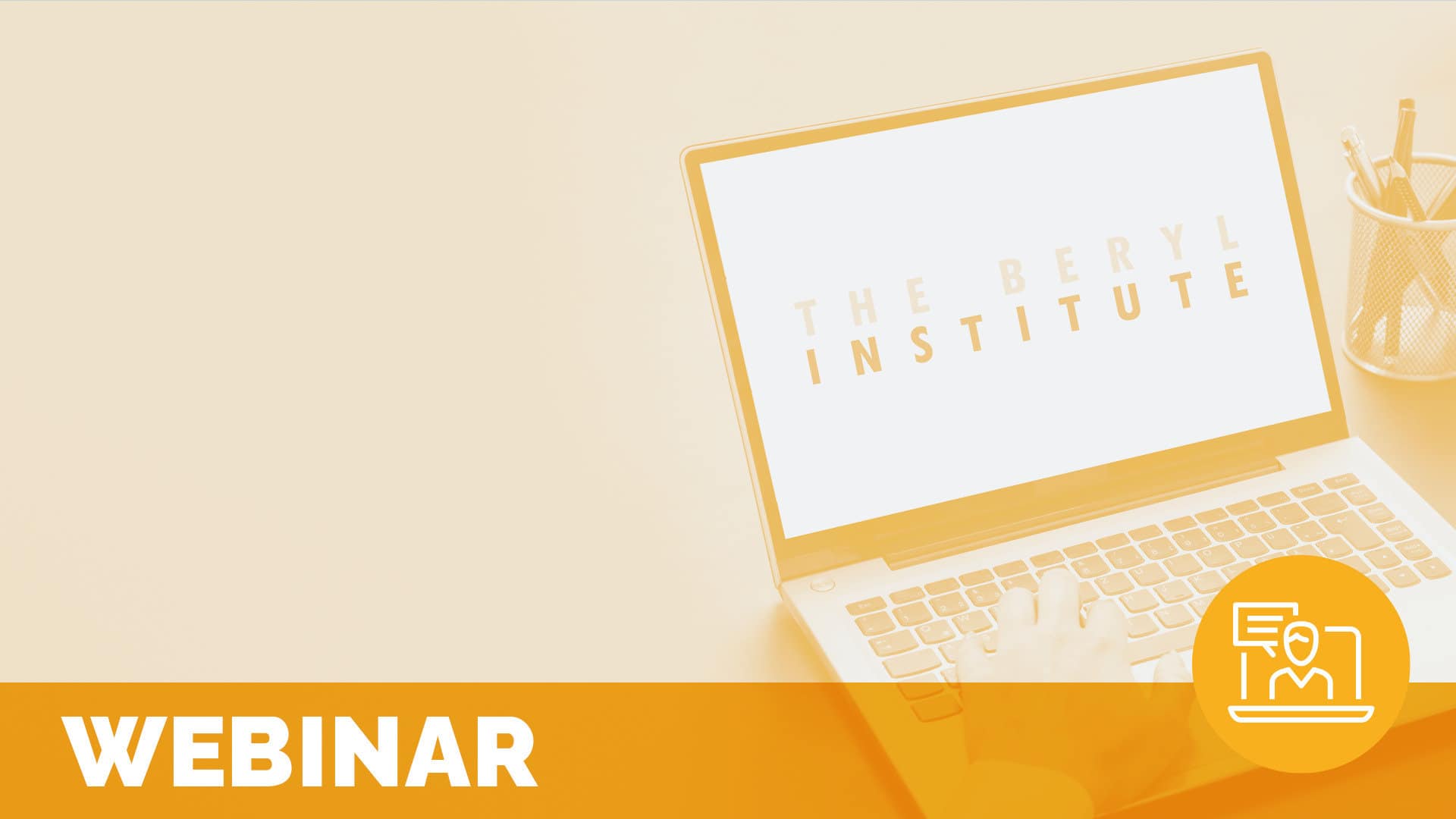Close the Gap between Patient Expectations and Reality: How to Boost HCAHPS Scores
Published July 8, 2014


Barbara Lewis, MBA, Founder, Joan’s Family Bill of Rights
After spending two weeks in the ICU with her sister, Barbara wrote a document, Joan’s Family Bill of Rights, which outlined the wonderful care that she received, as well as opportunities for improvement among the healthcare personnel. This experience is the foundation of this presentation, which tells a poignant story, coupled with important research results, including HCAHPS score analysis. The goal of the presentation is to inspire the audience to connect with real patients and family members using vignettes that inform and motivate the listeners to change systems and alter behavior, which can increase the scores of specific HCAHPS survey questions. The presentation weaves personal stories with research results and shares concrete suggestions on how to close the gap between patients’ expectations and reality, boosting HCAHPS scores.
Related content
-
Patient Family & Community Engagement
From Fear to Hope: How Communication Transformed Our Pregnancy Journey A Personal Narrative on the Critical Role of Healthcare Communication in Patient Experience
Published August 8, 2025

This article emphasises the transformative potential of compassionate healthcare communication, particularly in the context of pregnancy loss. This personal narrative illustrates how varying communication approaches can significantly alter patient experiences, transforming anxiety-laden medical encounters into empowering partnerships with healthcare providers. A ten-month journey through pregnancy after a devastating miscarriage revealed the profound impact of communication
Learn more -
Patient Family & Community Engagement
“Psychosocial Dimensions of Living with Hep B: Notes from the Field The Lived Experience of a Mother Raising a Daughter with Hepatitis B”
Published August 8, 2025

What follows is based on the interweaving of three points of view each of which contributes to an understanding of the experience of living with Hepatitis B: (i) as the mother of a daughter who was diagnosed with HBV at 5 months and who still, at age 22, carries traces of the surface antigen in
Learn more -
Innovation & Technology | Patient Family & Community Engagement | Staff & Provider Engagement
The Patient Experience with Virtual Care
Published September 18, 2025

Complimentary – Bedside nurses love the efficiency and workflow improvements virtual care gives them. But what do patients think about it? Join leaders from The Christ Hospital, Cook Children’s, Henry Ford Health, and Lehigh Valley Health Network to hear how their patients are reacting to virtual care sessions, and the difference it’s making to bedside care.
Learn more
